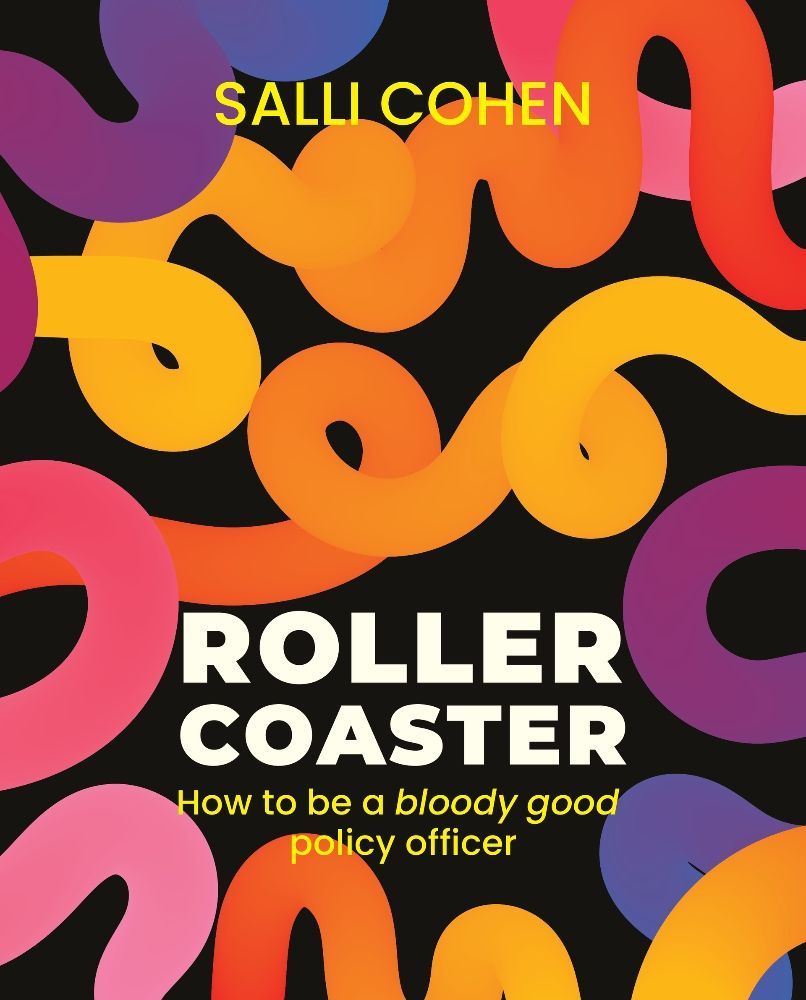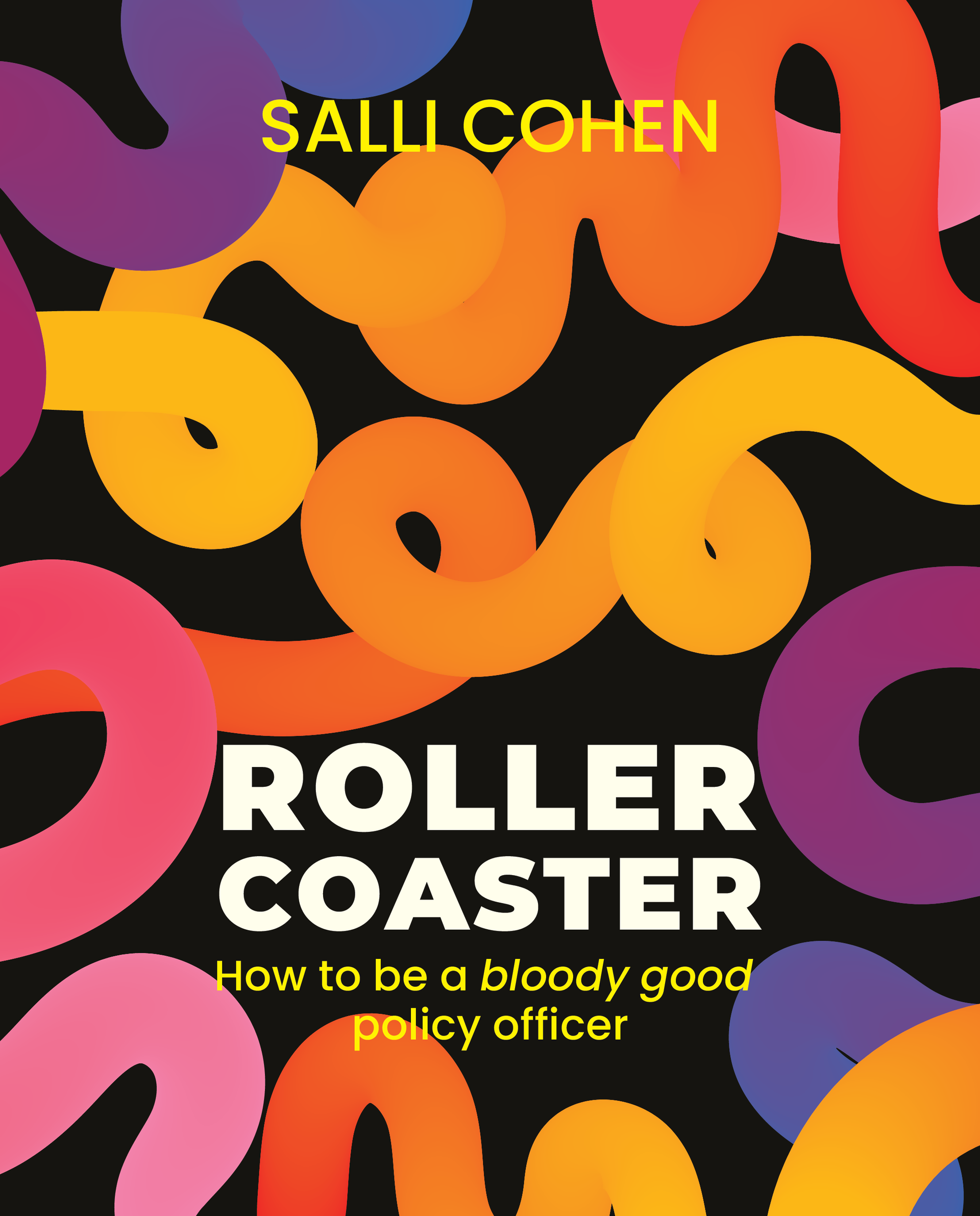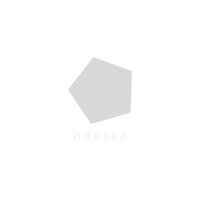Policy perspectives: Not up to or feeling uncomfortable with Australia Day Celebrations? There are many other things that you could do instead on 26 January
Acknowledgement of Country
I grew up on Guringai Country before moving overseas to return many years later to live, work and raise with my husband our children on Larrakia Country. I acknowledge and respect the traditional owners and Elders of Larrakia Country. I also extend my respects to all Aboriginal and Torres Strait Islander peoples – the First Nations people of this country who never ceded their sovereignty.
I truly appreciate the life I have in Australia though I acknowledge my ancestors were never invited to make their home here. I carry a deep unease that I am a descendent of either convicts or free settlers (most likely the former) who played a part in the colonisation of First Nations Countries. I am deeply sorry for this.
Australia Day in the burbs
From growing up in the 60s and 70s I have early memories of Australia Day celebrations. Aussie gourmet delicacies were on the menu – meat pies, sausage rolls, snag sandwiches and waves of tomato sauce. The grown-ups enjoyed their favourite bevvies – beer and chardy - and the kids were treated with fizzy drinks and cordial.
The day the world came crashing down
While those days may have been happy in the white burbs where I spent a third of my life, Australia Day marks something very different for First Nations people. As Mick Dodson, Australian of the Year 2009, said -
we have to have a date that’s more inclusive than January 26, which is the date that’s chosen as the landing of the First Fleet and Sydney Cove. To most Indigenous Australians it really reflects the day on which our world came crashing down.1
The making of Australia Day
Governor Lachlan Macquarie is credited with officially launching the Australia Day public holiday in 1818 in NSW2, a commemoration of the [e]stablishment of this Colony and of Arthur Phillip, the first governor of the Colony of New South Wales.3 The inaugural dinner and ball for the colonial elite grew not only to become a fixture in the non-First Nations Sydney-siders’ annual social events; less than 50 years later it had been adopted across the nation’s capitals.4 Family picnics, BBQs, fireworks, official balls and the occasional military salute became the norm. An annual celebration of British sovereignty and its power, masking the colonial violence reigned on First Nations people across every state and territory.
The underbelly of Australia Day
The British Empire’s legislative and policy framework authorised their colonisation of Australia. Their representatives, too eager to make this land their own to reap the abundance of its bounty, ignored Traditional Laws, practices and protocols; they stopped at nothing. The legal fiction of terra nullius was the starting gun of blood thirsty massacres, battles and wars across Australia culminating in the deaths of 100,000 First Nations and non-Indigenous people.5 10,000 First Nations people losing their lives in over 400 orchestrated massacres.6
Evidence of the Frontier Wars is held in official government records, newspapers and books, all accessible in the National Library of Australia. Packed away in boxes in the bowels of the National Museum of Australia lie the broken and unnamed remains of some of the Aboriginal people massacred by those willing to kill ‘legally’ or ‘illegally’ in the name of their King. A history hidden far beneath the honour and respect we pay to Australians who lost their lives in other wars, and peace keeping missions.7,8
Change for good
There are many events across Australia on 26 January, some of which I’ve listed below. If you’re not up for heading out on the day, I’ve also added a ‘from the couch’ list. The lists aren’t exhaustive, there may be some crossovers, and I encourage you to have a look at what’s happening in your area to check what’s right for you.
Lest we forget
References
1.Edmund Rice Centre for Justice & Community Education, n.d., 6 ways to stand in solidarity with Indigenous Australians this Survival Day, link
2. Museums Victoria 2024, Australia Day, link
3. Macquarie University Archive n.d., Australia Day: Monday 26 January 1818, Sydney Gazette and New South Wales Advertiser 1818, pp.2b-2c, link
4.State Library NSW 2008, The Dictionary of Sydney, Celebration of Anniversary Day to 1900, link
5. Perkins R 2022, The Australian Wars, https://documentaryaustralia.com.au/project/the-australian-wars/
6. The University of Newcastle Australia 2022, New Evidence reveals Aboriginal massacres committed on extensive scale, link
7. Perkins R 2022, The Australian Wars, https://documentaryaustralia.com.au/project/the-australian-wars/
8. Australian War Memorial, link
From the couch and go to events
ANTAR Survival Day Events Listing
The Australian Wars – The Documentary Australia site also has links to other documentaries and
The Australian Wars (SBS)
National Museum Australia reading list
Five Ways to Be an Ally on Australia Day
The Survival Day Yarning Webinar (this is a free webinar though you need to register).







